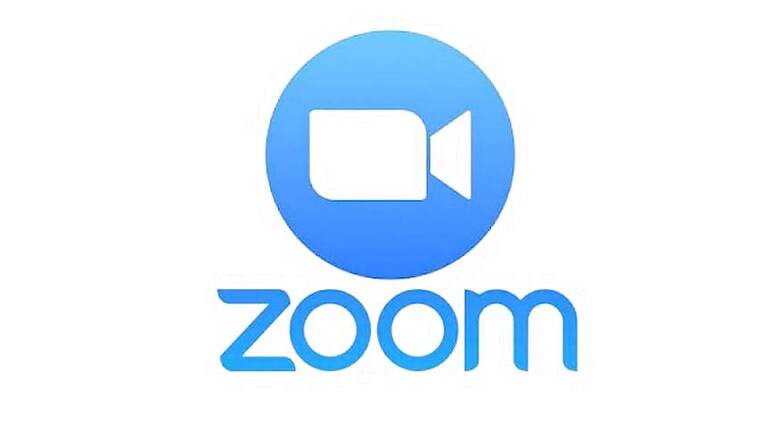
views
Zoom Video Communications Inc nearly doubled its expectations for annual sales on Tuesday, driven by a surge in users as more people work from home and connect with friends online during coronavirus lockdown. But Zoom’s costs also rose sharply, and executives said gross margins would likely remain below Zoom’s historical norms in the coming quarters, sending shares of the San Jose, California-based down 3.5% to $200.75 in after-market trading.
The company has transformed itself into a global video hangout from a business-oriented teleconferencing tool. It came under fire over privacy and security issues, prompting it to roll out major upgrades. The company raised its full-year revenue forecast to a range of $1.78 billion (1.4 billion pounds) to $1.80 billion from $905 million to $915 million. Analysts on average expected revenue of $935.2 million for the fiscal year ending January 2021.
The latest quarterly report shows the company now has about 265,400 customers with more than 10 employees, nearly fourfold increase from a year earlier. But there were also possible signs the Zoom boom may be slowing as economies reopen. Chief Financial Officer Kelly Steckelberg said the April peak usage of 300 million daily meeting participants declined slightly in May.
Zoom company competes with Cisco Systems Inc’s Webex, Microsoft Corp Teams and Google’s Meet platform for paying customers, particularly enterprises while offering a free version to consumers. Zoom reported fiscal first-quarter revenue of $328.2 million, beating analysts’ estimates of $202.7 million, according to IBES data from Refinitiv.
While Zoom’s revenue increased sharply, its costs rose even more steeply. The company’s cost of revenue was up 330% to $103.7 million, which lowered its gross margin to 68.4% from 80.2% a year earlier.
One of Zoom’s biggest costs is data centres and bandwidth to host calls. The company runs some of its own data centres, but also pays for cloud computing services from Amazon.com Inc’s Amazon Web Services and Microsoft, and in April added Oracle Corp as a vendor. On a Zoom call with investors, Chief Executive Eric Yuan said Amazon provided the “majority” of new capacity that Zoom needed to meet demand.
Steckelberg said on the call that the company planned to expand its own data centres to become more efficient, which should boost margins to the mid-70% range in the next several quarters. Analysts had expected gross margins to hover between 79% and 81% over the coming year, according to Refinitiv data. Excluding items, the company earned 20 cents per share in the latest quarter, beating analysts’ estimate of 9 cents. Zoom’s shares have more than tripled this year.




















Comments
0 comment